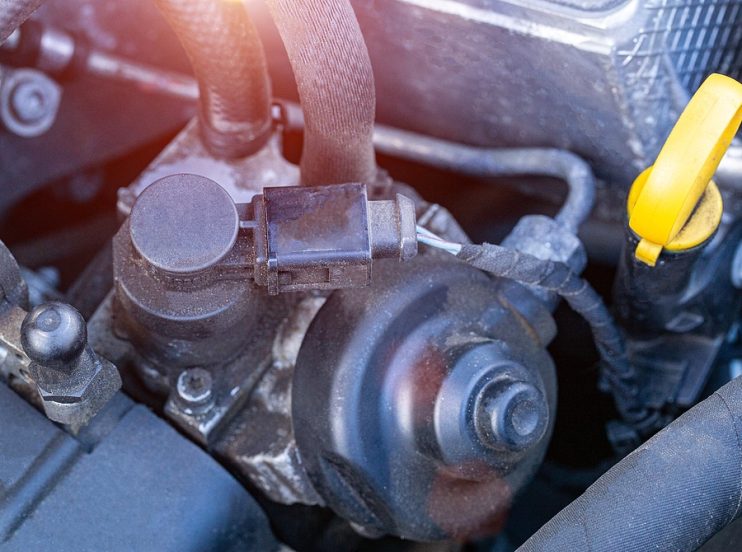
There are many points of failure on a modern car. From those that can slow it down, to those that can wreck it completely. In recent years, one of the faults that has become more common is a bad EGR valve. And whilst this part has numerous environmental and performance benefits, it is well known for clogging and causing issues within the engine.
Think you might have a problem with your car’s EGR valve? We explore some of the most common signs that your valve is playing up. The more boxes on our list you tick – the more likely it is that you have a problem and may need a new or used replacement EGR valve.
It’s vital that you get any issue with the EGR valve resolved as quickly as possible. It can cause knock on issues that could cause havoc with the turbo or engine that could end up being very costly to fix.
Table of contents:
How Does the EGR Valve Work?
EGR valve is shorthand for Exhaust Gas Recirculation valve. Your car’s engine draws in air, which mixes with the vapourised fuel to form what’s known as the air-fuel mix. When this passes into the combustion chamber, it’s ignited at temperatures far in excess of 1300⁰ C and the force is used to drive the pistons creating forward motion.
At these high temperatures the nitrogen, which is usually fairly inert (non-reactive) can actually combine with the oxygen creating nitrogen oxide, a harmful gas emitted by the combustion process. To stop this happening, the EGR valve, which is usually closed when the car starts, opens up as the engine warms up and redirects the exhaust gasses back into the engine to help with cooling. This process also limits the harmful emissions from the engine.
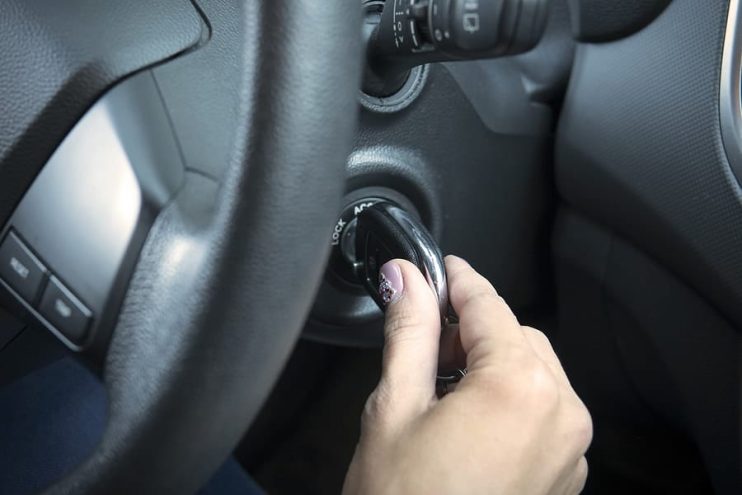
Symptoms of a Faulty EGR Valve
Rough Idle
Should your EGR valve get stuck in the open position, this will limit the amount of fresh atmospheric oxygen available to the engine at low speed, causing a rough idle as the engine chokes and struggles to effectively combust the air-fuel mix. This can also lead to black carbon deposits on the spark plugs.
Stalls whilst Idling
If the air fuel mix becomes so unbalanced due to exhaust gasses flooding the engine thanks to an open EGR valve, it can even cause the engine to suffocate and actually stall whilst at idle. This can be very annoying if you’re in busy traffic and could even be dangerous at major junctions.
Reduced Fuel Economy and Poor Performance
Whether the EGR valve is stuck in the open or closed position, this will impact the air-fuel balance, causing the engine to use more fuel than normal to achieve the same power output. You’ll feel this in a couple of places; first in the accelerator pedal, which will take more time to get up to speed. Secondly in your wallet or purse, which will see you spending more at the pump as the engine uses more fuel due to the faulty valve.
Smell of Fuel
When a faulty EGR causes the air fuel mix to become unbalanced this can often result in unburned hydrocarbon fuel passing through the engine and eventually being released from the exhaust pipe. You may be able to smell this at the back of the car and even in the cabin, giving you a good indication that something is not right with the system.
Emission Test Failure
Your car will undergo an emissions test when it takes an MOT or if you’re asked to undergo a roadside check. If you have a faulty EGR valve there’s a high probability that this will cause your car to fail the test.
Check Engine Light
As the engine fails to operate at its optimum level due to issues with the flow of fuel and gasses, the engine sensor will detect that something is not right. It should alert you to the problem via the check engine light on the dashboard. Unfortunately, there are many issues that can cause this light to come on – so be on the look out for other symptoms or get a professional to take a look.
Engine Knock
If your EGR valve gets stuck in the closed position, then this can lead to a build up of heat within the engine, which can cause the air fuel mix to ignite prematurely. This early combustion, which will be especially noticeable at low revs, is likely to create a knocking sound.
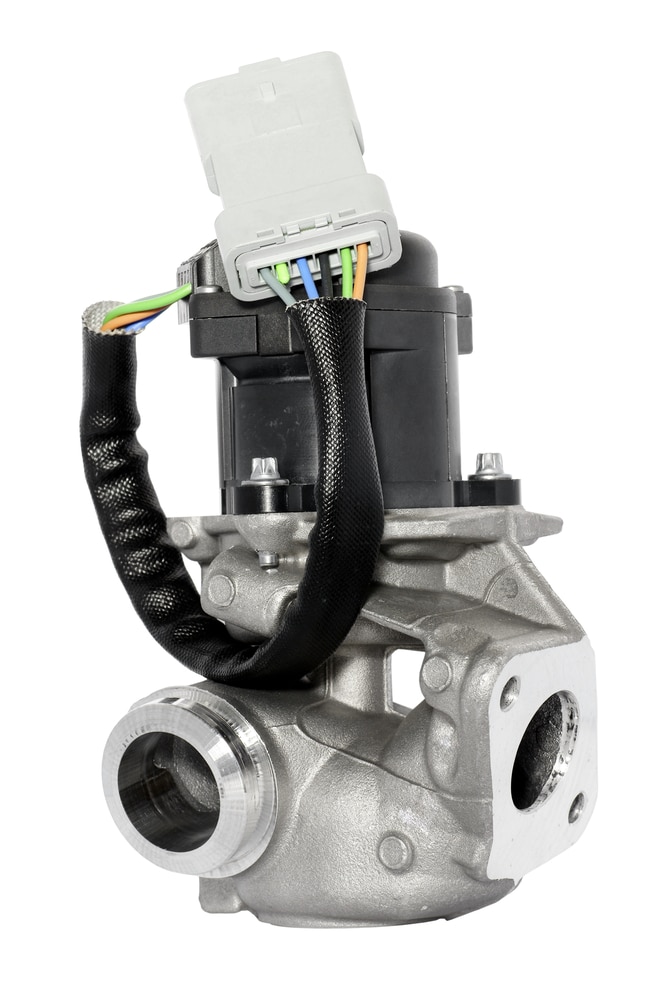
What Causes the Failure of an EGR Valve?
There are several reasons why an EGR valve can fail, some of the most common include:
- The valve becomes stuck open – generating a vacuum leak, flooding the engine with exhaust gasses which prevent the flow of atmospheric oxygen needed for combustion. Such a problem usually results in a rough idle or stall and could potentially be accompanied by error codes P1404 and P1406 in the engine control system.
- The valve gets stuck shut – and without exhaust gasses to safely lower the temperature of the combustion chamber, it quickly overheats causing the air fuel mix to ignite prematurely. Worst still this disrupts the engine’s timing, and can cause a knocking sound when idle – if left unchecked this can cause severe and costly damage to the engine. It could also be accompanied by P1406 and P041 error codes.
- The valve is clogged – fortunately this is the most common problem, and one that is more readily resolved. Carbon and debris can get in the valve jamming it open or closing it shut. Cleaning the valve should cure this problem before it causes any knock on damage.
And Finally
Remember that the EGR valve was originally designed to prevent harmful gasses from re-entering our atmosphere. When your valve is clogged open or shut, it means that your car is producing more pollution than normal. Everyone already knows that cars are one of the largest sources of bad emissions on the planet – make sure yours is causing the minimum damage possible by getting any problems with the valve resolved ASAP.

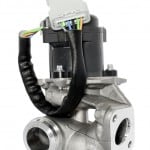
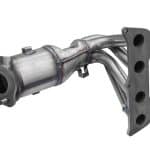
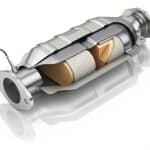

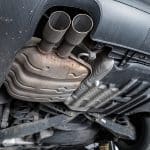
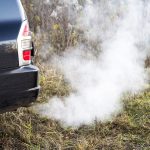
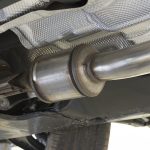
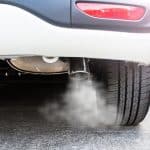

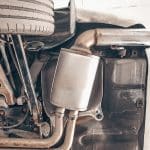
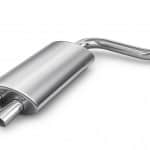
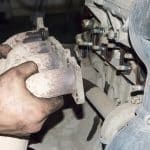
.png)